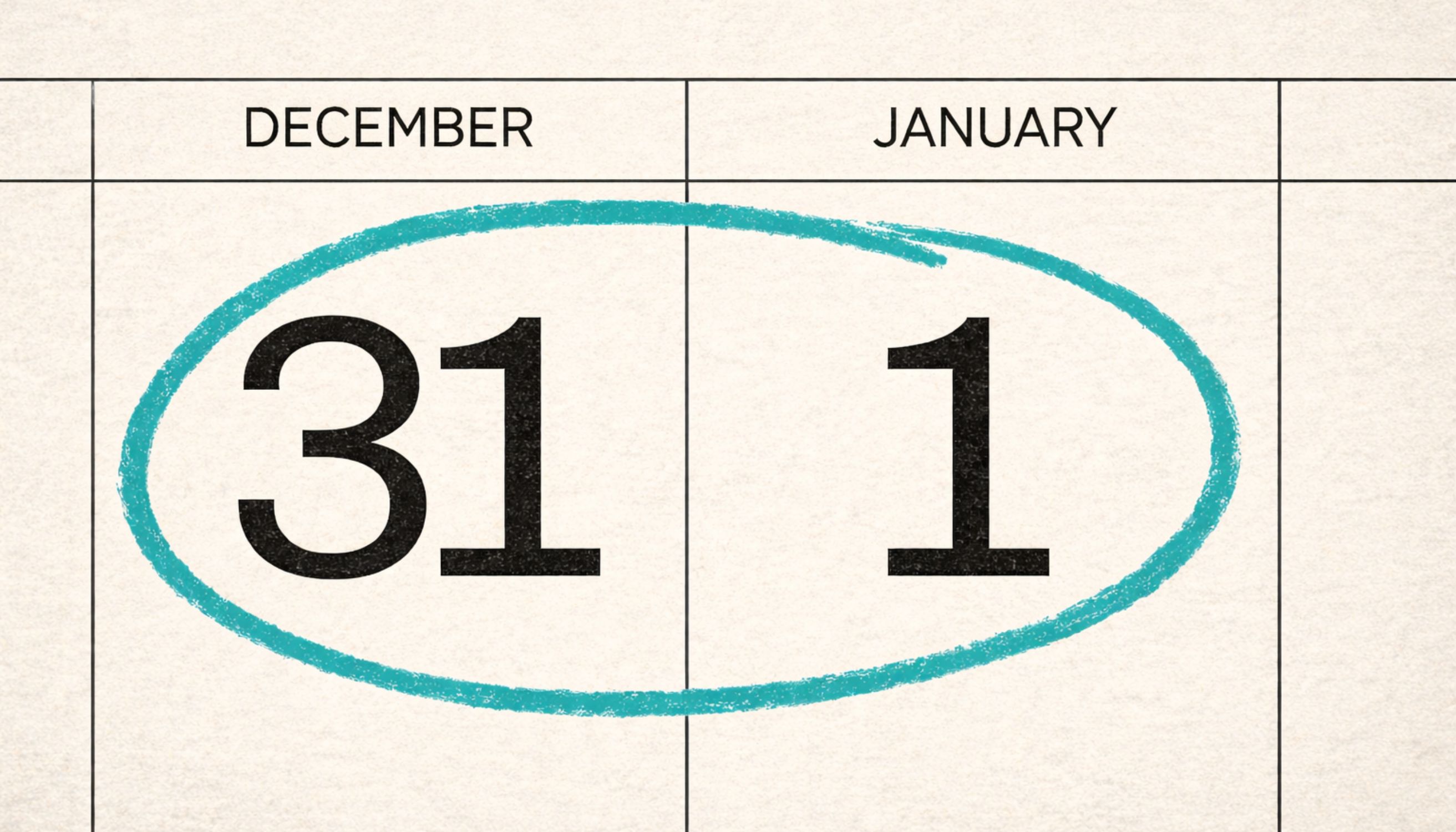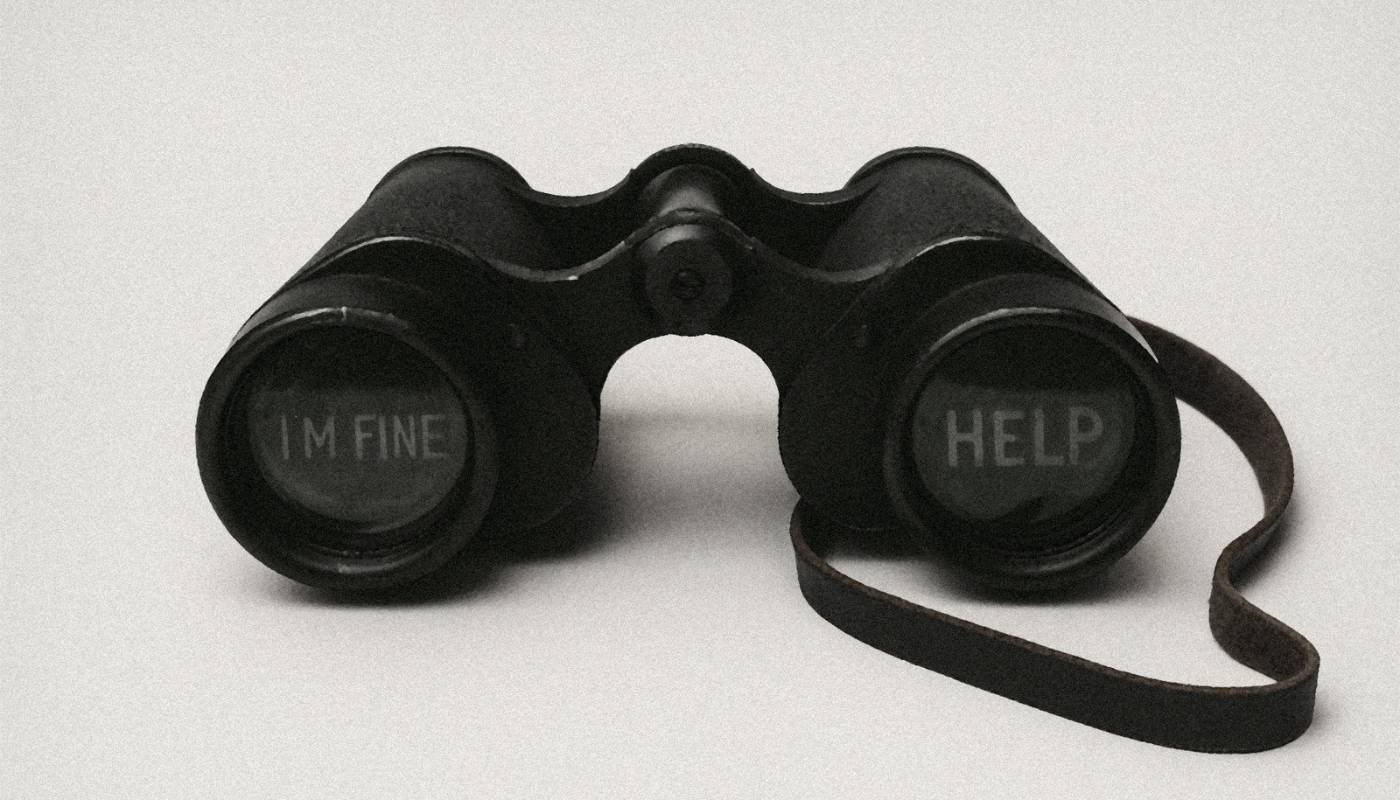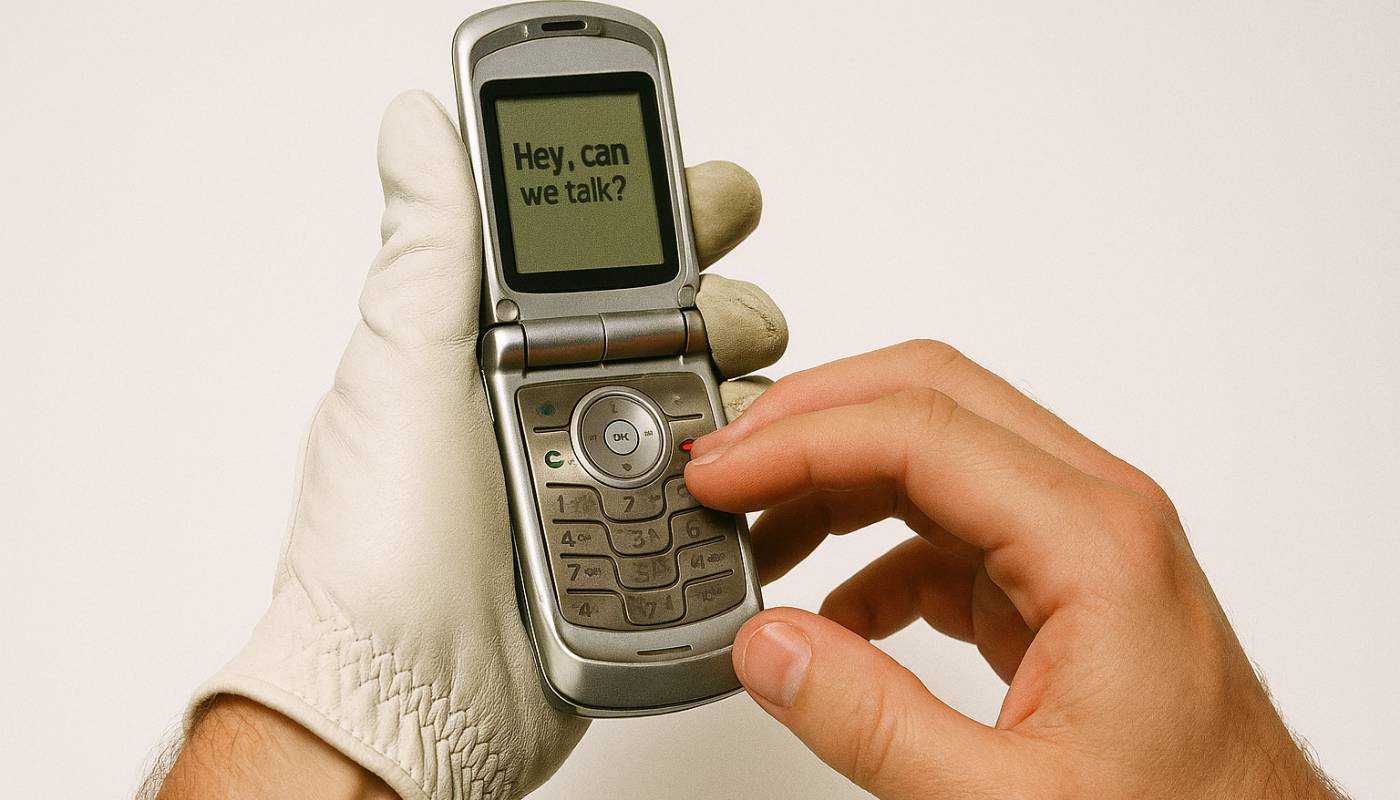When someone's feeling rough mentally, most people panic a little. You want to help, but you also want to avoid overstepping. You want to ask how they are, but you also want to sound like an actual human being instead of an HR poster that's been through seven rounds of corporate approval.
The truth? Being there for someone who's struggling is about showing up, imperfectly, consistently, and as yourself. Think less "professional counsellor" and more "decent human who happens to give a shit."
Here's your game plan.
Quick takeaways
- Keep inviting them, even if they say no repeatedly. The invite itself shows they matter.
- Offer practical help with boring but useful stuff (food shopping, admin, rides to appointments).
- Stay yourself. Keep the friendship familiar and normal.
- Be patient with communication gaps. They might go quiet but still need you there.
- Ask what actually helps rather than assuming you know.
- Know when to suggest professional support and how to help them access it.
- Look after yourself too. Supporting others can be draining.
Keep Inviting Them, Even If They Say No
When people are low, they can sometimes isolate. It's usually just fatigue, anxiety, or worry about bringing the vibe down. The invites stop because friends assume, "They're probably staying in anyway." But the absence starts to feel permanent, like that one mate who said he'd "definitely come next time" to every single event for three years running.
So keep extending the offer. Make it low pressure: "We're heading to the range at 3 if you fancy it." Just open doors. Gentle presence. No guilt trips about how they "used to be fun" or passive-aggressive comments about becoming a hermit.
But the thing is, even when they say no, the invite itself is doing work. It's proof that you still think of them as someone worth including. And sometimes, on the random Tuesday when they actually have the energy, they'll surprise you and show up.
{{divider-main="/content-templates"}}
Offer Help
Here's a wild fact: people rarely get better because of thoughtful pep talks at 9pm. What often helps more is the friend who says, "Need me to grab your laundry detergent?" or "Want me to call your GP while you hide under a blanket like a sad burrito?"
Mental overload makes basic tasks feel mountainous. Booking a dentist appointment becomes equivalent to climbing Everest in flip-flops. Opening post feels like defusing a bomb. So offer tangible help that lowers the day-to-day friction:
- "Want me to drive you to that appointment?"
- "Need a food shop run?"
- "Should I write the awkward email for you?"
- "Fancy me picking up your prescription while I'm out?"
These small gestures reduce decision fatigue and create breathing room. It's the difference between someone drowning and someone treading water. You're throwing them a pool noodle, which is admittedly less dramatic than a life ring, but significantly more useful when you're just trying to stay afloat.
The key:
Offer specific help rather than saying "let me know if you need anything." Because when someone's struggling, figuring out what they need and then asking for it can feel impossible.
{{divider-main="/content-templates"}}
Keep the Friendship Familiar
You can stay as the version of you who sends cursed memes at midnight and rants about overpriced coffee. In fact, please do. They still need that person.
Keep the friendship consistent. Talk about their life, sure, but also yours. Let them laugh, complain, roll their eyes at your drama about how your neighbour's dog has apparently declared war on your garden gnome.
Normalcy is grounding. It reminds them that they're still your friend, still the person who knows all your terrible opinions about reality TV. There's this weird impulse to treat struggling people like they're made of glass, but that just makes them feel more isolated.
If you normally give them grief about their terrible putting, keep giving them grief. They want to feel like they're still part of the world, still someone whose opinion on things matters. Which sounds obvious when you say it like that, but it's surprisingly easy to forget when you're trying to be extra careful around someone.
{{divider-main="/content-templates"}}
Stay Present
This one's hard. You check in and get nothing. Or a dry "yeah, I'm fine" that clearly means "I'm very much struggling but also can't deal with explaining that right now." It's tempting to back off, to assume they want space, to convince yourself you're being "too much."
But mental health struggles often come with communication dips. Energy disappears. Shame shows up like an uninvited guest who drinks all your wine and criticises your life choices. Words get harder to find, responses feel impossible to craft.
So keep reaching out, but do it lightly:
- "Thinking of you. Reply if you want."
- "Left a coffee by your door. Hope it helps."
Just signals that you're still there, still in their corner, and happy to hear from them when they're ready. Think of it like leaving breadcrumbs, but for friendship instead of fairy tale navigation. Which is either a lovely metaphor or slightly concerning depending on how much you remember about Hansel and Gretel.
{{divider-main="/content-templates"}}
Ask What Actually Helps
The gold standard of support? Custom-fit care. But you can only get there by asking, because assuming what helps is like buying someone a birthday present based on what you would want. Sometimes you nail it, sometimes you end up giving a fitness tracker to someone who considers walking to the fridge a workout.
Try questions like:
- "When things get tough, is there something small that helps?"
- “On a crap day, do you want a pep talk or a packet of cookies dropped at your door?”
- "Do you prefer someone to check in or just give you space?"
- "Would it help if I handled this thing for you?"
- "What's been most useful when other people have tried to help?"
Sometimes they will know. "Actually, I hate phone calls when I'm low, but texts are fine." Or "I really struggle with food shopping when I'm like this." Or "Please just keep being normal, I feel weird when people go all careful around me."
Other times they'll have no idea. That's fine. You've still made space for autonomy and shown that you're paying attention.
{{divider-main="/content-templates"}}
Point Them to Proper Support
If it's been a while and they're still struggling, or if things seem to be getting darker, it's time to gently suggest something more structured than best-friend energy. You're great, but you're also probably not professionally trained to deal with the deeper stuff.
Some signs to watch for:
- They’ve been low for a while, and nothing seems to lift
- Their energy or mood is dropping even more
- They’ve said something that feels a bit darker than usual
- They’re avoiding stuff they normally care about
- Something just feels… off in your gut
How to bring it up:
- "Have you thought about chatting to a doctor?"
- "Would therapy feel helpful or too much right now?"
- "I found a helpline that's free and confidential. Want me to send it over?"
If they’re up for it, you could offer to help with the admin, such as looking up services, sitting with them while they make the call, or just being around after.
{{crisis-main="/content-templates"}}
Protect Your Own Energy
Being there for someone else can drain you if you're carrying too much. Your wellbeing matters too, and it's easy to ignore that while you're trying to be the reliable one. You start feeling like you're responsible for their entire emotional weather system, which is both impossible and unfair to you.
So check in with yourself:
- Am I feeling resentful or drained?
- Have I had a proper break recently?
- Am I setting boundaries, or just hoping they'll have a good day?
It's fine to take a step back. To say, "I'm here, but I also need a quiet day." Supporting someone is a marathon, and you can pace yourself accordingly. You're already a good friend. You can care for them and yourself at the same time. Which shouldn't be revolutionary, but somehow often feels like it.
Self-care can look like:
- Taking breaks from heavy conversations
- Talking to someone else about how you're feeling
- Setting realistic expectations about what you can do
- Remembering that you're a friend, not a professional support worker
{{divider-main="/content-templates"}}
Real Support Looks Like Consistency, Care, and Staying Connected
Nobody expects you to fix someone's mental health. But being the person who stays in touch, brings a loaf of bread, and occasionally reminds them they matter? That's big. That's the stuff that actually makes a difference when someone's struggling to remember their own worth.
Think of it like being a lighthouse. You're just there, steady and reliable, sending out your signal. You're guiding ships to safety, but you're doing it by being predictably, boringly present. Not by chasing after boats with a torch, trying to drag them to shore.
That's the stuff people remember. That's what sticks. That's what makes someone think, months later, "I got through that rough patch because I knew I had people who gave a shit." And honestly? That's more than enough.
If you have concerns about your mental health or well-being, please speak to a qualified health or mental health professional.
%20(13).avif)


.jpg)





.jpg)







.avif)